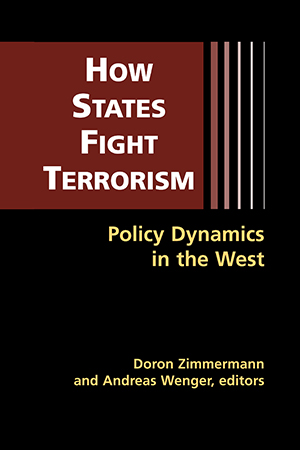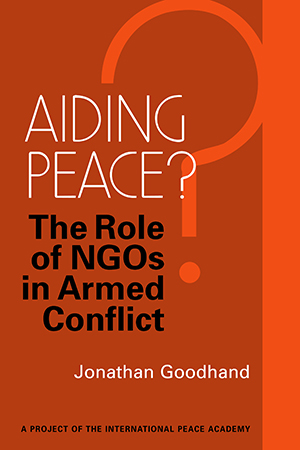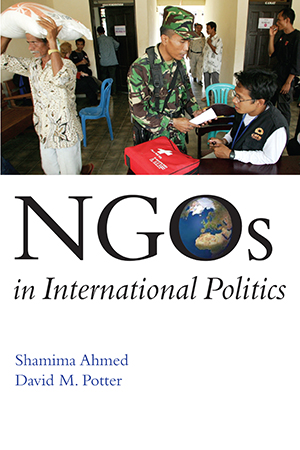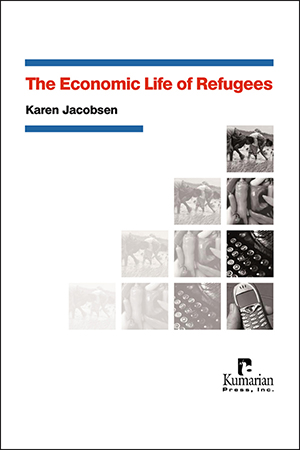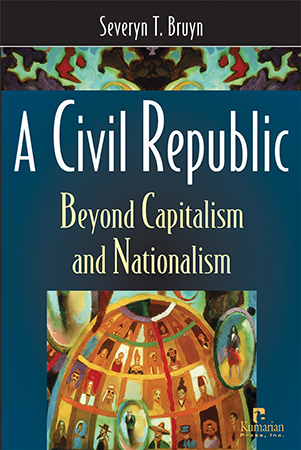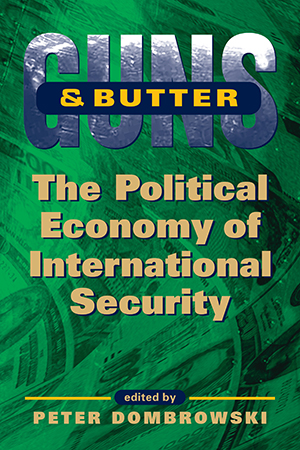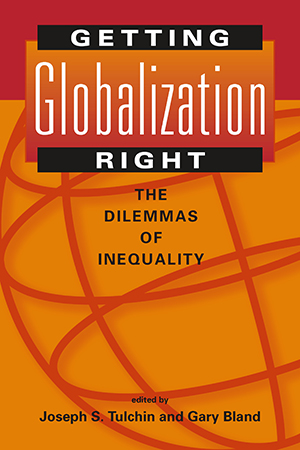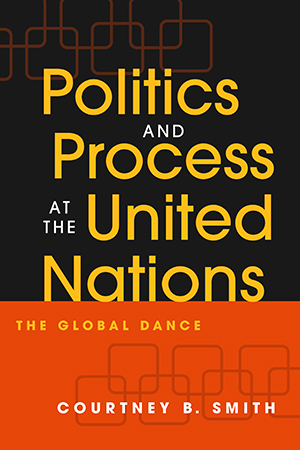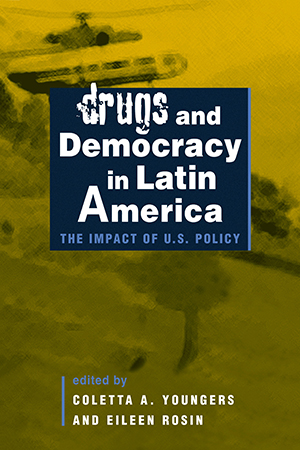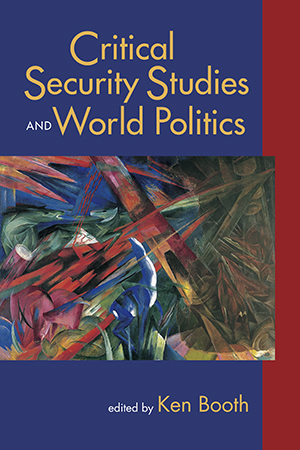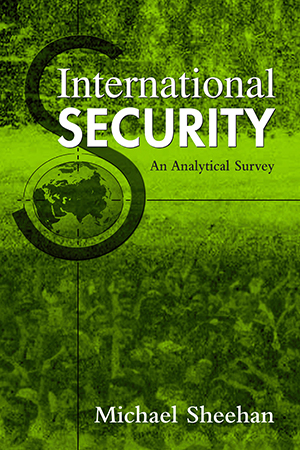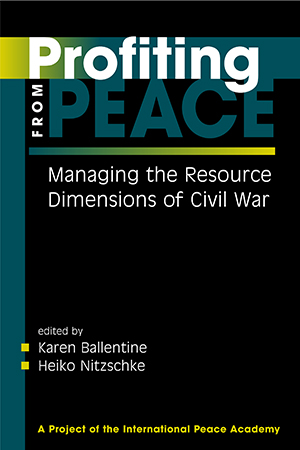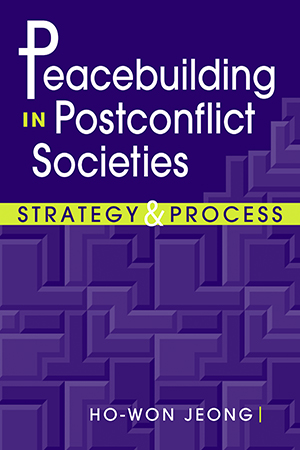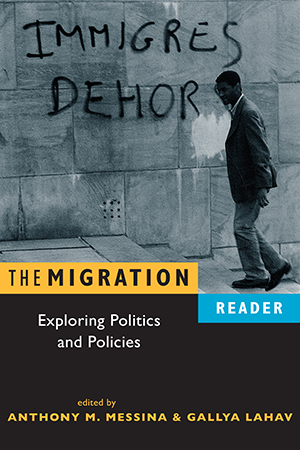International Relations (all books)
As national governments struggle to cope with the complex threat of mass-casualty terrorist attacks, there is an ongoing debate about the best approaches to counterterrorism policy. The More >
As nongovernmental organizations play a growing role in the international response to armed conflict—tasked with mitigating the effects of war and helping to end the More >
NGOs in International Politics surveys the full spectrum of NGO activities and relationships in a manner accessible to undergraduate students. In Part 1 of the book, the authors discuss More >
What happens to refugees, the victims of forced migration, once the first rush of media attention and aid has passed and they must rebuild their lives essentially on their own? Karen More >
Severyn T. Bruyn argues that—in a world of injustice, ecological destruction, violence and instability, weapons of mass destruction, and the rise of authoritarian government—our More >
With intellectual property widely acknowledged today as a key component of economic development, those accused of stealing knowledge and information are also charged with undermining More >
Reflecting the growing interest among scholars and practitioners in the relationship between security affairs and economics, this new volume explores the nature of that relationship in the More >
Getting Globalization Right explores political and economic changes in seven new democracies that have in common both a movement toward greater integration with the world economy and the More >
How does the United Nations actually work? How does it reconcile the diverse interests of 191 sovereign member states—plus those of the multinational corporations that lobby it, the More >
Although the US has spent more than $25 billion on international drug-control programs over the last two decades, it has failed to reduce the supply of cocaine and heroin entering the More >
Realist assumptions of security studies increasingly have been challenged by an approach that places the human being, rather than the state, at the center of security concerns. This text is More >
Michael Sheehan provides a masterly survey of the varied positions that scholars have adopted in interpreting "security"—one of the most contested terms in international More >
Providing both a means and a motive for armed conflict, the continued access of combatants in contemporary civil wars to lucrative natural resources has often served to counter the More >
This integrative discussion of the multiple dimensions of peacebuilding in postconflict societies offers a systematic approach to strategies and processes for long-term social, political, More >
The Migration Reader introduces the key articles and documents that analyze the complex phenomenon of transnational migration and the challenges it poses for contemporary societies, states, More >



